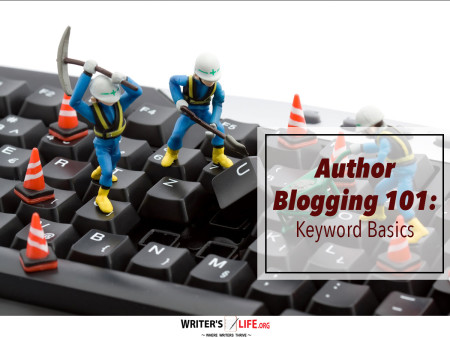- How To Tackle Jealousy In Creative Writing
- Common Submission Mistakes
- How To Stop Your Blog Becoming Boring
- The One Thing Every Successful Writer Has In Common
- How To Make Yourself Aware Of Publishing Scams
- Why Almost ALL Writers Make These Grammar Mistakes At Some Point
- 5 Tips For Authors On How To Deal With Rejection
- Top Mistakes to Avoid When Writing a Novel
- How to Avoid Common New Writer Mistakes
- 10 Mistakes New Fiction Writers Make
Unleashing Your Inner Author: Fun and Effective Writing Strategies
Ever been in a coffee shop and heard someone passionately discussing their latest writing struggles over a latte? That was me last week, and the conversation that unfolded with my friend Jess was too good not to share. We both laughed at how writing sometimes feels like trying to untangle earbuds—you start with a clear idea, but then suddenly it’s all knots and loops. Our chat covered everything from silencing that pesky inner critic to fine-tuning plot twists, all served with a dollop of humor and some honestly great advice that can help writers of any level boost their craft.
Silencing the Inner Critic
Jess launched into a tale about how every time she sits down to write, there’s this tiny voice whispering, “You can’t do this,” and how frustrating it is to get past it. We dove into a few strategies that could help, starting with my favorite—writing a 'bad first draft.' The concept is simple: give yourself permission to write poorly at first. It’s freeing, honestly. The goal isn’t perfection. It’s to get your ideas down and refine them later, which can silence the critic, at least until edit time.
Another tip we chatted about was setting small, achievable targets. Whether it’s writing 500 words a day or drafting a character outline, breaking big projects into bite-sized tasks makes them less intimidating and more approachable.
Pumping Up Your Plot
Plots can be tricky; they’re like a good recipe—you need the right mix of ingredients. Jess struggled with making her twists engaging without being predictable. I suggested two techniques we could both try. First, the classic 'what if?' method—you jot down different scenarios and see where they lead. It's like choose-your-own-adventure but for writers.
The second was talking to your characters. Sounds odd, but having a conversation with your protagonist about their desires and fears can reveal layers you hadn’t considered before. Jess nodded, saying, “It’s like method acting, but less creepy.” Exactly!
Character Development Hacks
We moved onto characters, those beloved friends, and foes that drive our stories. A big hurdle is keeping them consistent yet dynamic. Jess shared how she keeps character journals, noting likes, dislikes, and changes over the plot. I’ve found considering their backstory helps, even if it never graces the pages, because knowing where a character comes from influences how they respond to challenges in the story.
Using relatable traits and flaws also resonates with readers. Your character doesn’t have to be perfect; people love someone they can root for, flaws and all. When we mimic real-life interactions and imperfections, our characters breathe with authenticity.
Finding Inspiration in Unexpected Places
When the conversation drifted to inspiration, Jess quipped, “Where do you get your ideas? The Idea Fairy?” We laughed, but then I shared a secret: inspiration can come from the most mundane activities. Going for a walk, people-watching, or even browsing through old photographs can spark your creativity.
And let’s not forget prompts and challenges. Joining writing groups or participating in prompt-based challenges can jolt your brain into action, making it easier to conquer that blank page.
Conclusion
After coffee refills and some well-earned giggles, Jess and I felt armed with tools that could make a tangible difference in our writing journeys. Writing doesn’t have to be daunting. It’s about finding what works for you and embracing the process. Grab a notebook, take a deep breath, and remember, your story deserves to be told. If you're ready to take the next step, explore expert resources designed to help authors succeed. Access the Writer’s Toolkit Here.



























